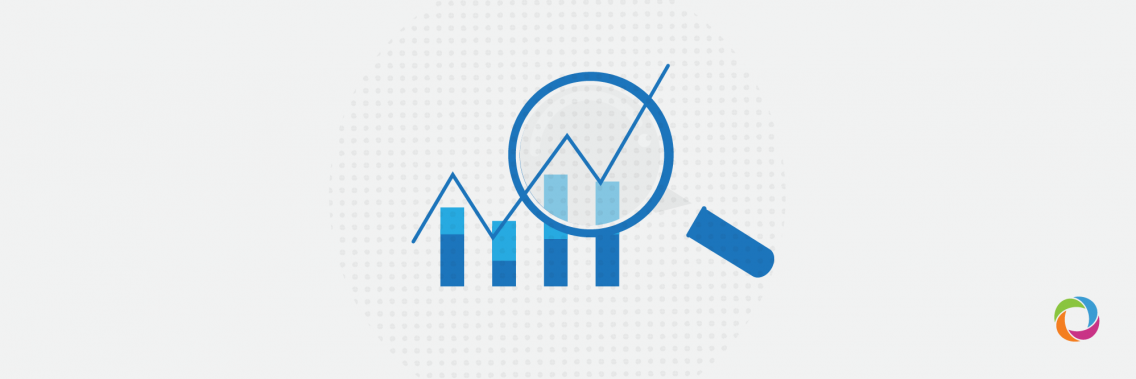Working from home amid the COVID-19 pandemic is not an option for the many people around the world, even when going to work means potentially becoming ill. A temporary basic income for the world’s poorest 2.7 billion people could slow the current surge in COVID-19 cases by enabling them to stay at home, according to a United Nations Development Program (UNDP) report released on the 23rd of July.
Entitled “Temporary Basic Income: Protecting Poor and Vulnerable People in Developing Countries”, the paper outlines the “devastating” effects of the corona crisis on hundreds of millions of people, particularly in Africa, Asia and South America. According to the report, a hundred million people are in danger of falling into extreme poverty.
‘Marshall Plan’
The UN estimates that it would cost from US$199 billion per month to provide a time-bound, guaranteed basic income to the 2.7 billion people living below or just above the poverty line in 132 developing countries.
“We see it as a Marshall Plan for people”, said George Gray Molina, the Chief Economist for the UNDP.
“It is a good idea”, says Marleen Dekker, Professor of Inclusive Development in Africa at Leiden University where she uses the INCLUDE knowledge platform to conduct research into the effectiveness of care provision.
The principle of free money was increasingly being embraced before the corona crisis and research shows that beneficiaries usually spend their money wisely, for example buying seeds to sow in their fields.
“It is certainly not the case that all the money goes towards buying drinks, these are all prejudices. Poor people are often best able to estimate what they need.” Dekker explained.
‘Flywheel effect’
As an example of the concept, fifteen years ago Brazil managed to pull millions of people out of poverty through a kind of basic income. Now, with the corona crisis, Dekker compares the suggested money transfers with unemployment benefits in Western countries. Moreover, money transfers keep economies running: expenditure creates “a kind of flywheel effect” commented Dekker.
According to the authors of the paper in total 1.07 billion people live below the international poverty line which is considered to be US$1.90 per day in South Asia and sub-Saharan Africa, US$3.20 per day in East Asia and the Pacific, the Middle East and North Africa and $5.50 per day in Europe, Central Asia, Latin America and the Caribbean.
Delay in debt repayment
One way for countries to pay for a Temporary Basic Income would be to repurpose the funds they would normally use to service their debt this year. Developing and emerging economies will spend US$3.1 trillion in debt repayments this year, according to official data. A comprehensive debt moratorium for all developing countries, as called for by the UN, would allow countries to temporarily repurpose these funds towards emergency measures to combat the effects of the COVID-19 crisis.
According to the UNDP, up to 100 million more people will be pushed into extreme poverty in 2020, 1.4 billion children are affected by school closures and there is a record-level of unemployment and loss of livelihood. The UNDP predicts that global human development is on course to decline this year for the first time since the concept was introduced.
Check out more about UNDP here.


